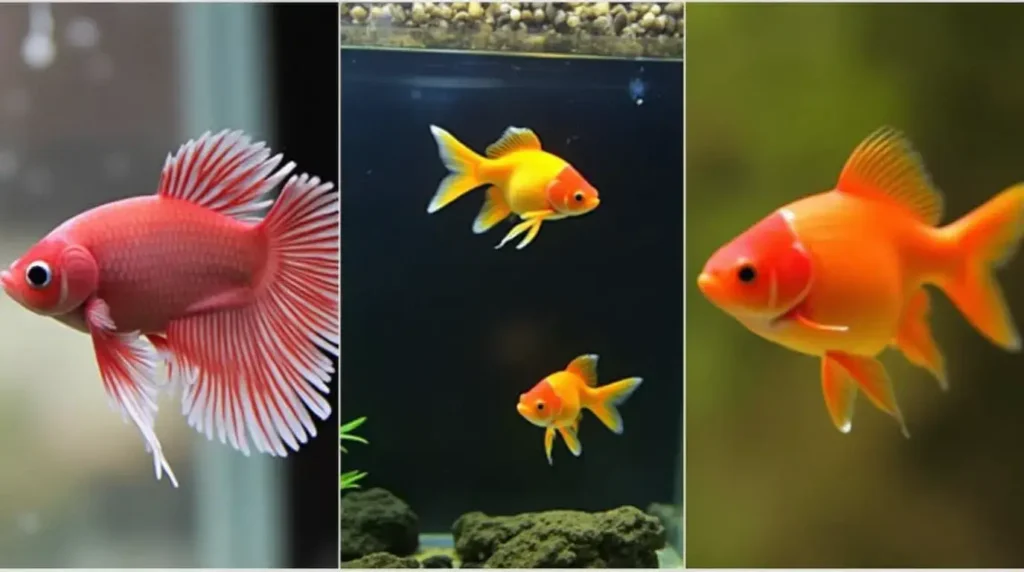
Table of Contents
Starting your first aquarium can be a thrilling journey. But choosing the right fish can make all the difference between an easy, enjoyable experience and a challenging one. For beginners, the ideal Good Starter Fish are hardy, peaceful, and adaptable—qualities that ensure they can thrive with just a bit of attention and care. In this guide, we’ll cover the best Good Starter Fish that will set you up for success. Get ready to turn your first tank into a beautiful underwater world!
What Makes a Fish “Beginner-Friendly”?
Choosing Good Starter Fish means considering several factors beyond just appearance. These fish should be resilient, easy to care for, and able to adapt to a variety of environments. Here’s what to look for:
- Hardiness: A Good Starter Fish can handle minor fluctuations in water quality and temperature. This resilience is essential as you learn the ins and outs of maintaining stable water conditions.
- Size & Compatibility: Look for Good Starter Fish that will thrive in a beginner-sized tank, usually around 10 to 20 gallons. Peaceful species that get along with others are ideal, especially if you plan to have a community tank.
- Dietary Simplicity: Fish that accept a wide range of foods (flakes, pellets, frozen) are easier to care for and feed consistently.
- Ease of Care: Low-maintenance Good Starter Fish are more forgiving if you occasionally miss a water change or feeding.
Understanding these qualities will make it easier to choose fish that suit your setup and lifestyle.
Top Good Starter Fish Choices for New Aquarists
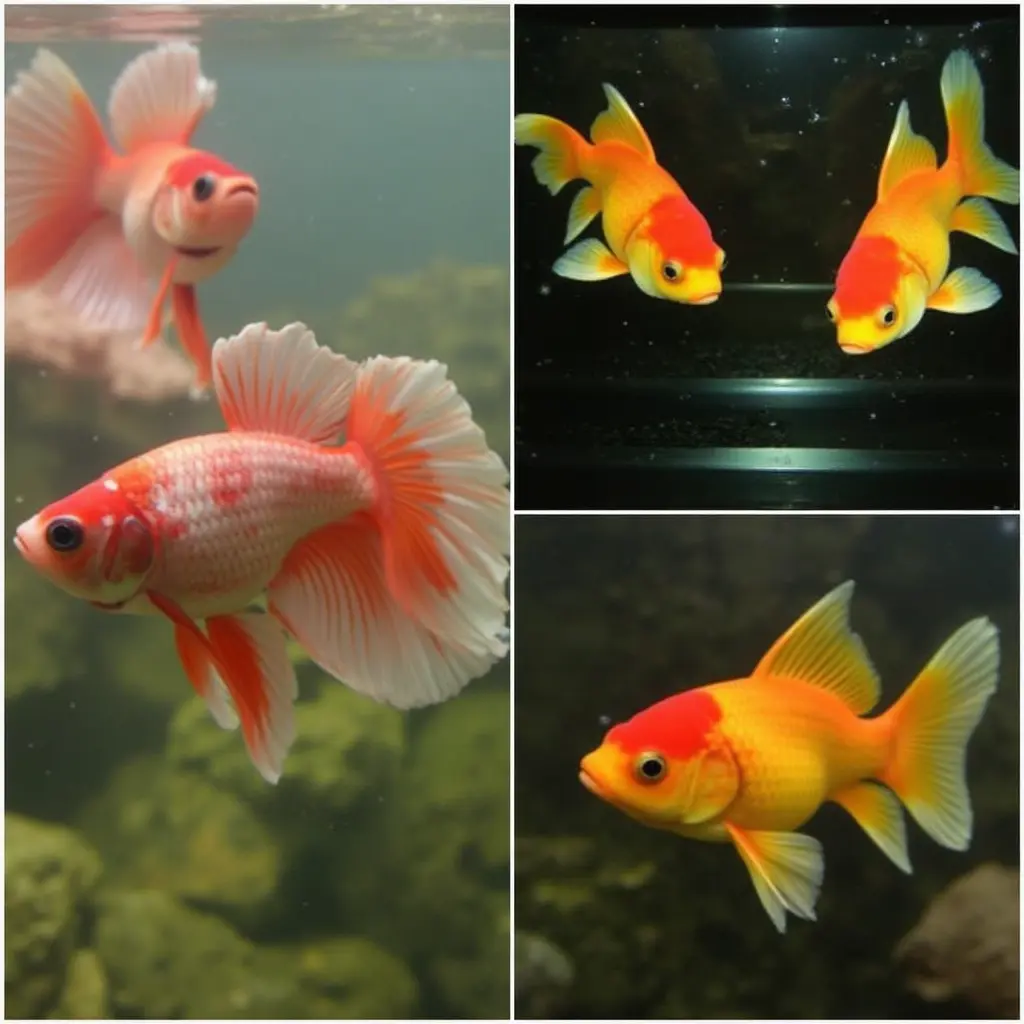
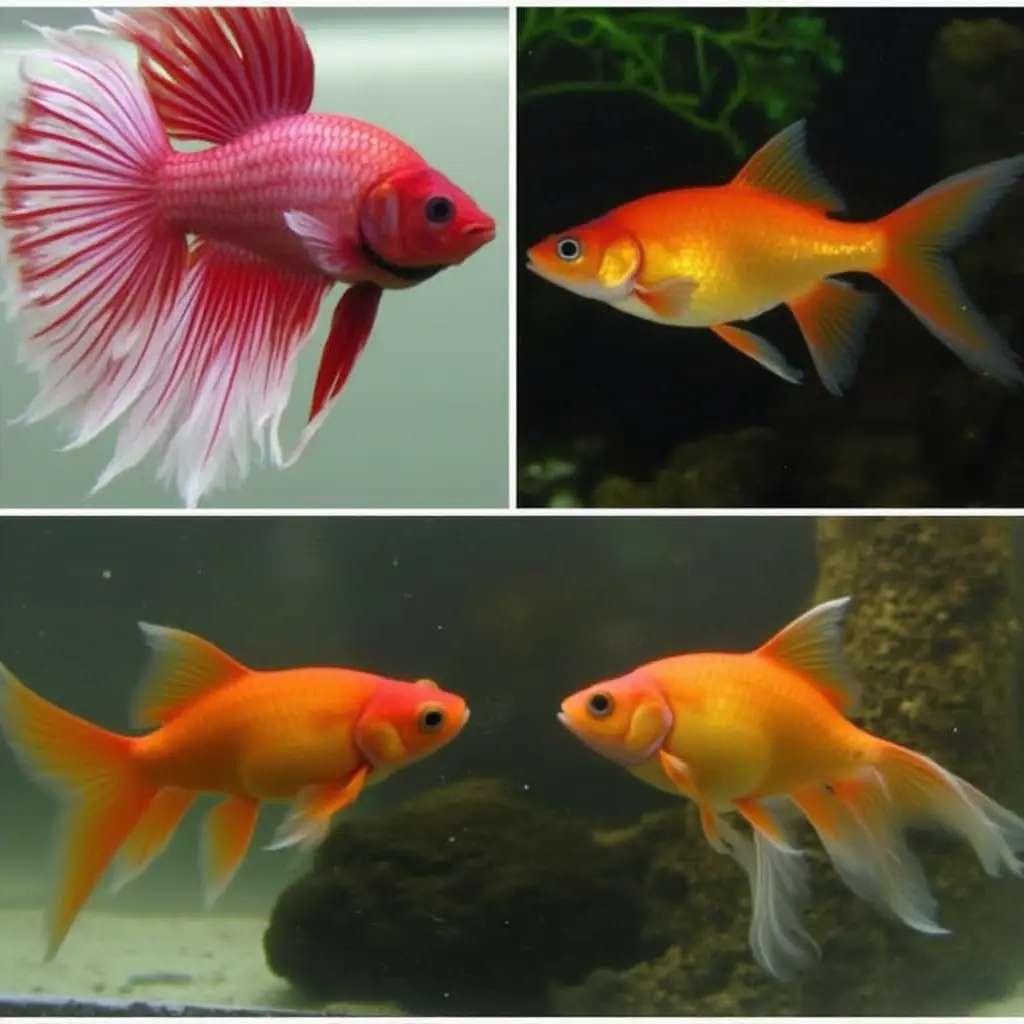
To help you choose the best species for your first tank, here’s a roundup of Good Starter Fish with a breakdown of their needs and characteristics. Each of these species brings something unique to your aquarium, from vibrant colors to peaceful interactions.
1. Betta Fish
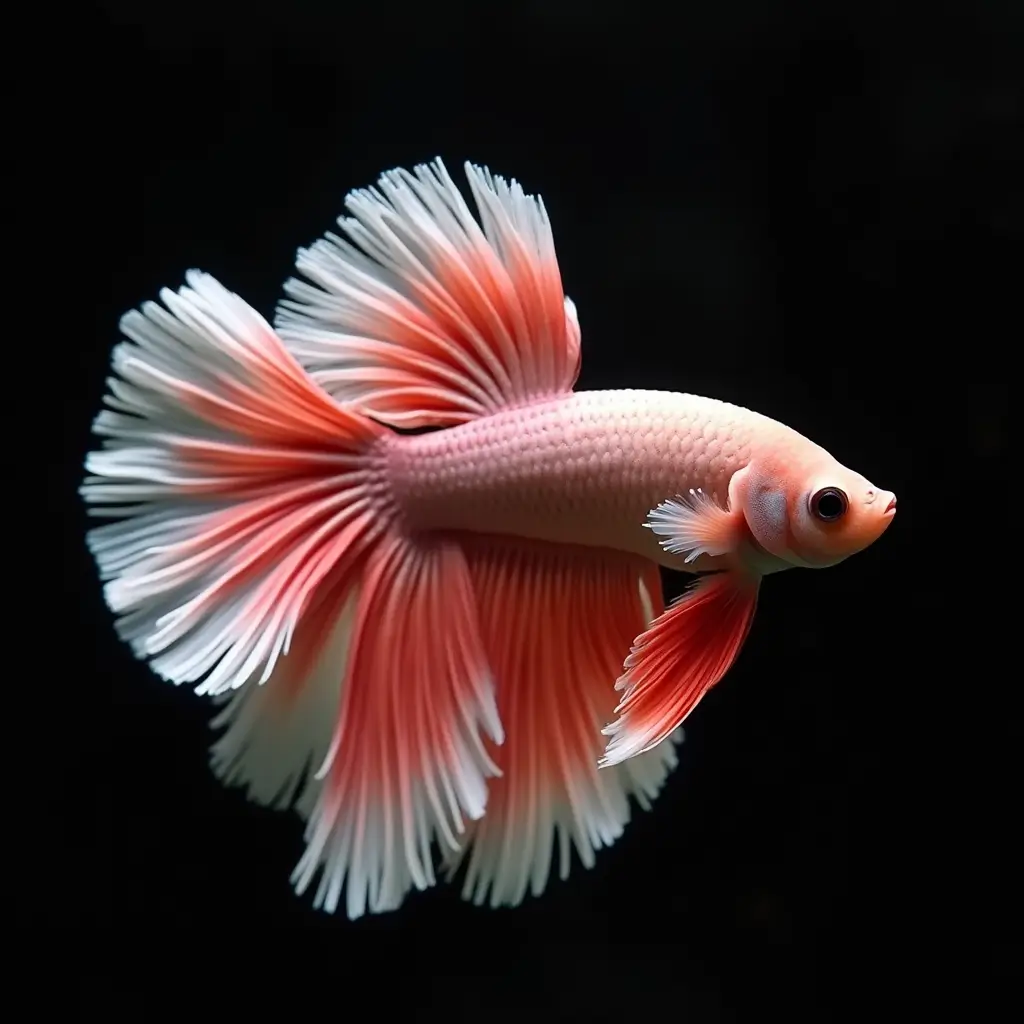
Betta fish are some of the most popular Good Starter Fish, known for their striking colors and graceful fins. Despite their reputation as “fighting fish,” bettas are surprisingly low-maintenance when kept alone.
- Tank Size: Minimum 5 gallons
- Temperature Range: 75-80°F
- Care Tips: Betta fish thrive in smaller tanks and don’t require extensive filtration, but they appreciate gentle water flow. They’re territorial, so keeping them alone prevents stress and aggression.
2. Guppies
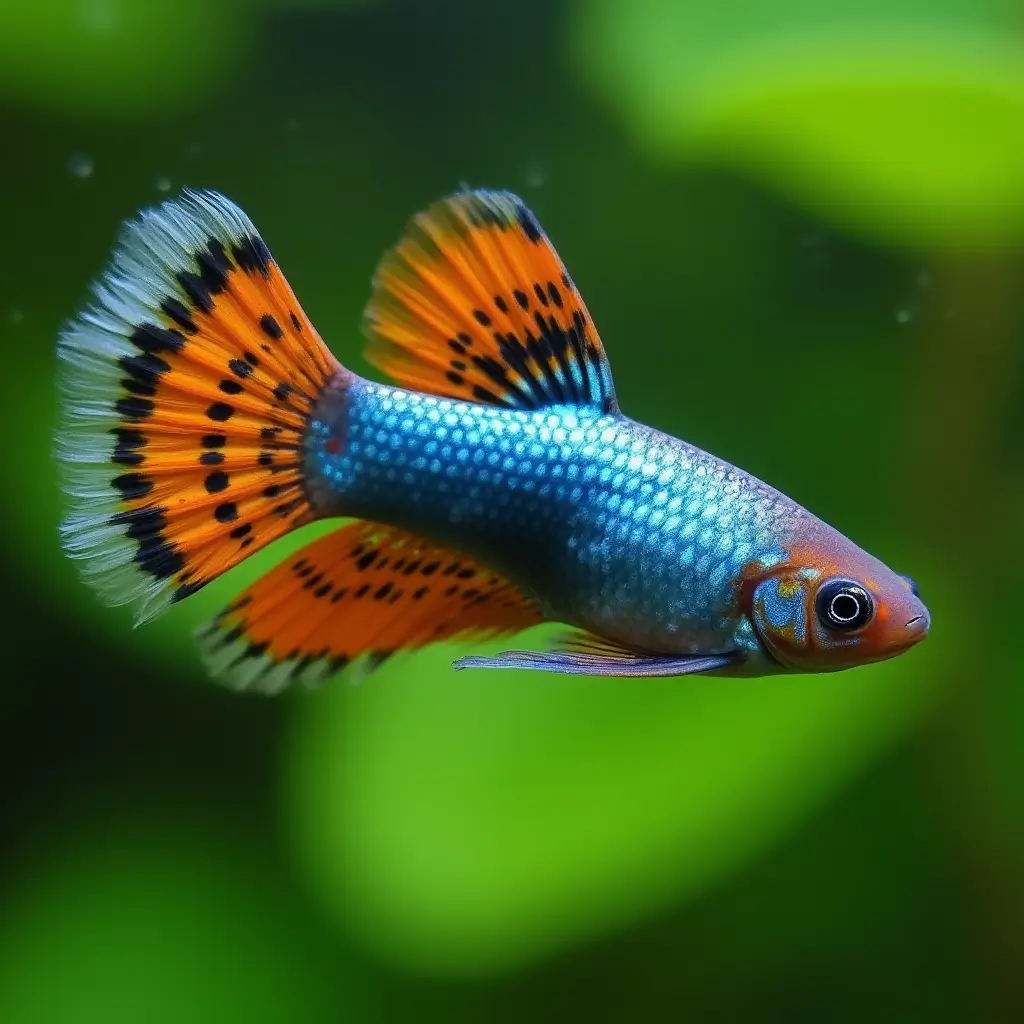
Guppies are a beginner’s dream fish—they’re colorful, hardy, and breed with ease. These peaceful fish add a vibrant pop of color and are highly adaptable, making them perfect Good Starter Fish.
- Tank Size: 10 gallons or more
- Temperature Range: 72-82°F
- Care Tips: Guppies enjoy being in groups, so it’s best to start with at least three. They’re tolerant of a variety of conditions and get along well with other small, non-aggressive fish.
3. Neon Tetras
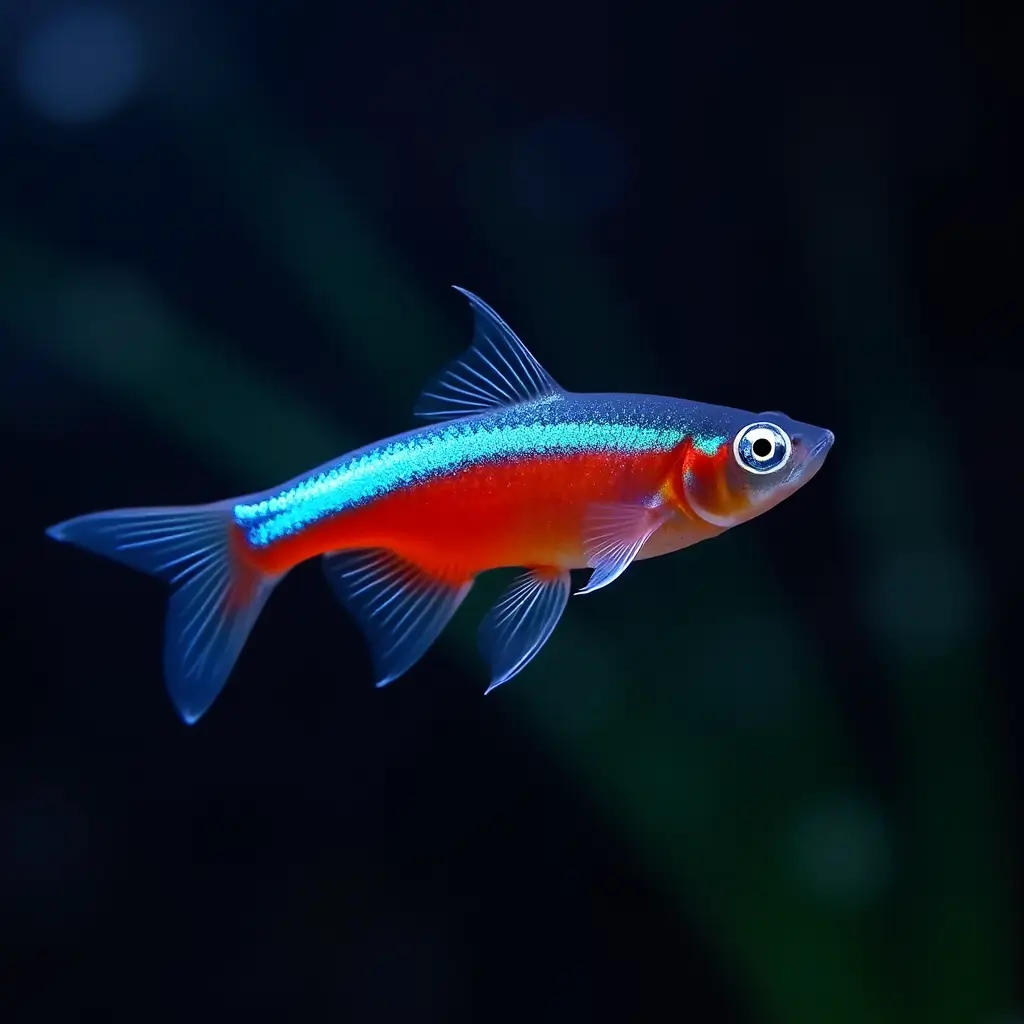
Neon tetras are small, peaceful fish that form beautiful schools. Their bright blue and red coloring brings a lively visual to any tank, and they’re gentle companions for other peaceful fish, making them ideal Good Starter Fish.
- Tank Size: 10 gallons or more
- Temperature Range: 70-81°F
- Care Tips: Neon tetras are schooling fish, so keep them in groups of at least six. Their small size makes them ideal for compact tanks, and they pair well with other gentle species.
4. Zebra Danios

Zebra danios are active swimmers and thrive in a community tank. Their striped pattern is eye-catching, and they’re known for their resilience, especially during the tank’s initial setup. These qualities make them great Good Starter Fish.
- Tank Size: 10 gallons or more
- Temperature Range: 64-75°F
- Care Tips: Danios are fast swimmers, so give them ample space. They adapt well to various tank conditions, making them a fantastic choice for new fish owners.
5. Corydoras Catfish
Corydoras, or “Cory cats,” are friendly, bottom-dwelling fish that help keep your tank clean by scavenging for leftover food. They’re calm, hardy, and fit seamlessly into most community setups, making them an excellent Good Starter Fish.
- Tank Size: 10 gallons or more
- Temperature Range: 72-78°F
- Care Tips: Cory cats are social and do best in groups of three or more. They get along well with other peaceful fish and make an excellent addition to a beginner’s tank.
Beginner Fish Comparison Table
| Fish Name | Ideal Tank Size | Temperature Range | Tank Compatibility | Feeding Frequency |
|---|---|---|---|---|
| Betta Fish | 5 gallons | 75-80°F | Alone or peaceful species | Once daily |
| Guppies | 10 gallons | 72-82°F | Friendly with small fish | Once or twice daily |
| Neon Tetras | 10 gallons | 70-81°F | Best in schools | Once daily |
| Zebra Danios | 10 gallons | 64-75°F | Active community fish | Once daily |
| Corydoras Catfish | 10 gallons | 72-78°F | Social bottom dwellers | Once daily |
This table provides an easy-to-reference guide for new aquarists to compare the best Good Starter Fish and their basic requirements.
Essential Care Tips for New Aquarists
Setting up an aquarium is about more than just adding water and fish. It’s a small ecosystem, and a few routine practices can keep your Good Starter Fish healthy and happy.
Understanding Tank Size and Setup
For beginners, a tank around 10-20 gallons is ideal. Larger tanks are often easier to maintain because they dilute waste and impurities better, reducing the risk of harmful spikes in water quality. Be careful not to overcrowd the tank with decorations, and ensure there’s plenty of open space for the fish to swim comfortably.
Regular Maintenance Routine
A consistent care schedule will keep your aquarium’s ecosystem balanced.
- Weekly Water Changes: Change about 10-20% of the water each week to help maintain optimal water conditions.
- Testing Water Parameters: Regularly test for pH, ammonia, nitrites, and nitrates. Ideal parameters vary by species but keeping a steady range will minimize stress on your Good Starter Fish.
- Algae Control: Use an algae scraper to clean the tank’s glass and decorations, helping maintain clear, healthy water.
Feeding Guidelines for Beginner Fish
One of the most common mistakes beginners make is overfeeding, which can lead to water quality issues. Feed only what your Good Starter Fish can consume within a few minutes to avoid uneaten food decomposing in the tank. Most Good Starter Fish do well on a diet of high-quality flakes, with occasional frozen treats.
Typical Errors to Steer Clear of for Beginner Fish Keepers
As exciting as it is to start an aquarium, beginners can fall into a few common traps. Here are some mistakes to avoid:
Overcrowding the Tank
Too many fish can lead to poor water quality and increase stress among tank mates. Stick to the “one inch of fish per gallon” rule as a starting guideline and adjust based on the type and temperament of each Good Starter Fish.
Skipping the Nitrogen Cycle
The nitrogen cycle is critical for a healthy tank, as it breaks down fish waste and food particles into less harmful substances. Cycling your tank before adding Good Starter Fish—or using products to help jumpstart the process—prepares your tank for new residents.
Neglecting Water Quality
Consistent water testing and changes are essential for a stable tank. Use a basic test kit to monitor parameters, especially ammonia and nitrate levels, to ensure your Good Starter Fish remain healthy.
Frequently Asked Questions About Good Starter Fish
What are the best fish for a beginner tank?
Some top choices include betta fish, guppies, and neon tetras. These species are resilient and forgiving, ideal for new aquarists learning the ropes with Good Starter Fish.
How many fish should I start with in a new tank?
Start with only a few Good Starter Fish, especially if your tank is cycling. Over time, you can gradually add more, ensuring the tank’s biological balance remains stable.
How can I tell if my fish are content and in good health?
Happy Good Starter Fish are active, have bright coloring, and eat regularly. If they show signs of hiding, loss of color, or labored breathing, check the water parameters.
Can I keep different species together in a starter tank?
Yes, but research each species’ compatibility. Peaceful, community-friendly fish like guppies and corydoras generally cohabit well, while more aggressive fish may need isolation.
How should I respond if my fish become ill?
Isolate sick Good Starter Fish if possible and perform a water change. Check for common symptoms like spots or fin rot and treat accordingly.
Dive In with Confidence!
Creating your first aquarium is an exciting journey, and with the right Good Starter Fish, it can be a rewarding one. By starting with beginner-friendly fish and following some basic care tips, you’re setting yourself up for success. Remember, the key is consistency—maintaining the tank’s conditions, keeping a regular feeding schedule, and monitoring the water quality will help you build a thriving aquatic environment.
Whether you choose vibrant guppies, schooling tetras, or a majestic betta, enjoy the experience of building your underwater world. Ready to dive in? Start with your first Good Starter Fish today, and let the journey begin!